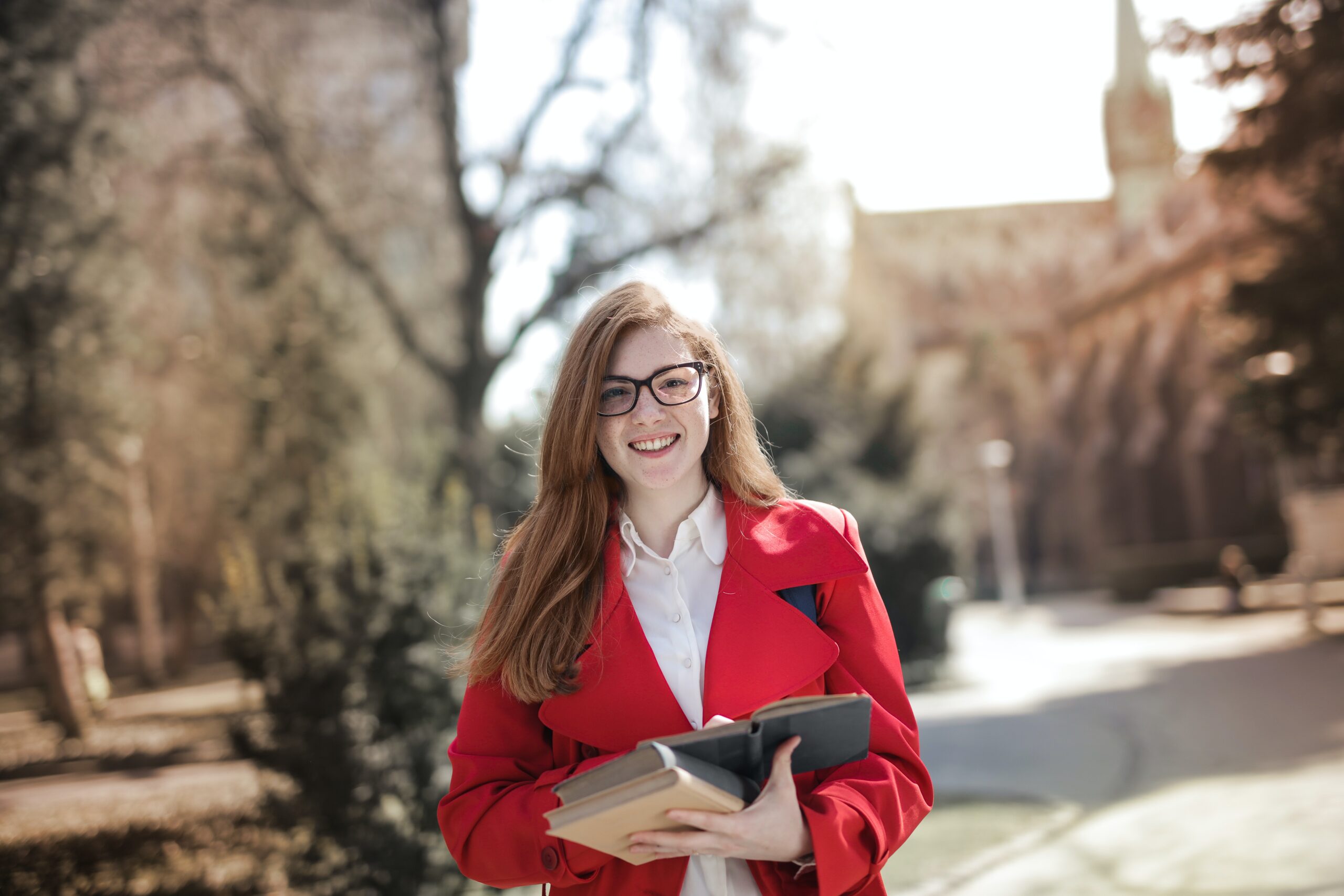Alex
What do you think the future of education looks like for students with anxiety? And how has the global pandemic sort of changed that?
Ellen
It’s really hard for me to know exactly how the global pandemic has changed for kids with anxiety. At first, and I’m just going to talk about my own clinical practice. We don’t really have any data on this yet. My lab at Mass General and Harvard Medical School. We’re looking into this. We want to follow kids because at first, way back in March and April, I was seeing kids with anxiety report less anxiety. They were not stressed. Of course, when this happened, everybody sort of mobilized to help kids with anxiety and I was seeing them like, this is great, I can just sort of hang out, especially kids with slow processing speed. It’s like, hey, school is only like 2 hours a day now and I can handle this. I think that might be changing a little bit. I think that kids are starting to feel lonely. I think there are bigger issues at play in terms of identity and the goal of childhood and adolescence is to get away from the family system. And when that’s not happening, that can also lead to feelings of anxiety. I’m not sure though. I think there’s a combination and it may not be a one size fits all. And I can’t say equivocally that all kids are more anxious now because of COVID We just don’t know. It would be nice to know which kids are more at risk. And like I said, our studies are looking at that. Are there certain risk factors if you already have anxiety before COVID less at risk for increased anxiety or more? And it could be that already dealing with anxiety on a daily basis makes you more resilient when really something is anxiety-provoking. Because a lot of the things that kids get anxious about aren’t necessarily real events. So sometimes when an anxious person is presented a real event, like, well, yeah, I know about this now. Everybody else is feeling like me. I feel kind of I feel a whole lot better about this.
In the future of education, I would like to think that at some point we would incorporate some of the things that we’re learning now about kids and how they’re able to manage. And first, I really thought, and it was hopeful that school would take it down a notch, that we would not be so driven, competitive, you know, like all those AP classes and all of, you know, everything leads to this perfect college on the hill. And I was hoping that maybe this would just show that, you know, there are really only a few things that kids need to learn, especially at a younger age. They need to learn how to read. They need to learn how to compute and use math so that they can do things in life. But other than that, a lot of those other things they learn are choices that are part of who they’re going to be as an adult. And not every child needs to learn all kinds of things about physics and chemistry that they’re never going to need to know when they’re learning all this at 15, which is completely stressing them out. So maybe more clarity of what is it that kids need and how do we make our academic environment more geared to the particular child.
Alex
How do you think we’re doing as parents and caregivers and what more could we be doing to support our kids?
Ellen
So one of the things that I think we need to do as parents, for those of you who are parenting younger kids, my kids are older, is to empathize with yourself and take stock of how much we have lost. I think we are glossing over the fact that every day is a new set of losses. It is just little by little by little. It’s not just, oh, last year’s graduation or Aunt Susie’s wedding or your bar mitzvah. It is every day is just a little something and just sort of like just be able to feel that and know that your child is experiencing that too, probably unconsciously. So I think being good to ourselves right now is better than a checklist of like, oh, we should be doing this, this and this.
Alex
My wife and I and I actually say to ourselves often or remind each other basically that we’re not parenting right now, that we’re pandemic parenting. That has to be a very frequent reminder because of that was a very interesting way you put it. You lose something every day. If there’s one thing that you want is students to take away from this discussion, what would that be?
Ellen
Use this time to learn something about yourself. What is it that is working for you? It’s a really great time to learn about executive functions. So, for instance, pre-pandemic kids didn’t have free time to fill. Figure out what you want to do with this time that we have, and this is a great time to sort of think about yourself as a learner. What do you really love? What makes you happy? How do we infuse that into our lives?
Alex
Thank you so much, Alan. That was really interesting. I found myself jotting down a lot of notes, actually. Anyways, thank you very much for your time. I really appreciate it, and I thought that was terrific.
Ellen
You’re very welcome. Thanks for having me.
Alex
Throughout my conversation with Ellen, here are a couple of things that stood out to me. One point that I thought that Ellen made that was really interesting was about diagnosing, particularly, I guess, younger kids with anxiety versus eating disorders or sleeping disorders. She mentioned it was sort of a longer term thing versus an acute trauma or transition. But I think the key point there, too, was that it involves other symptoms. So in addition to sort of not being able to sleep and having the dark circles under their eyes acting out or having fits or struggling to read or struggling to function socially, I think if you see a sort of multiplicity of symptoms cropping up. That is when you know that maybe it’s time to get some testing or have a sort of intervention psychologically.
So another really interesting point that Allen made was about how expectations on a societal level often exceed what a kid is capable of. She mentioned the case of a seven-year-old being expected to have skills involving sort of executive function, right? So being able to write down their assignments and to schedule time for themselves to complete homework assignments, for example. Love it or hate it, we kind of mentioned the fact that, well, teachers, schools, parents, everyone is sort of increasingly having that set of expectations, and it hasn’t been slowed by the pandemic. The question is, well, what do we do when we have this sort of wave of expectations on a societal level? I think as parents, we can acknowledge the fact that society has these sort of expectations for the kids and sort of talk them through their feelings about it, because they’re going to feel that conflict between, I’m not capable of this, but society expects this of me.
Thanks for listening to graduating anxiety. It’s a podcast that helps caregivers of anxious learners overcome obstacles to find academic success and build continuously happy lives. If you liked this episode, be sure to give us a five star rating and review on Apple podcasts. I’m your host, Alex Merrill. See you next time.






